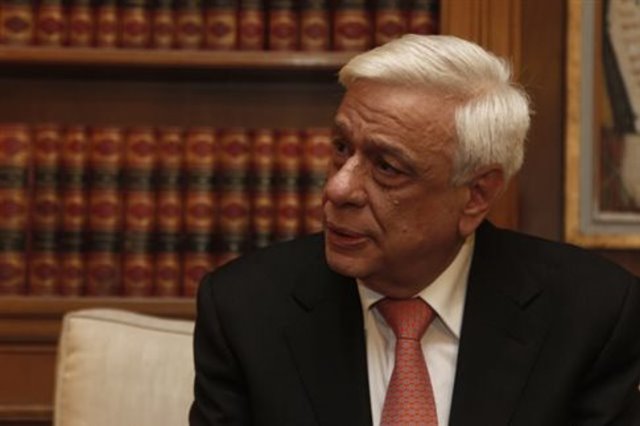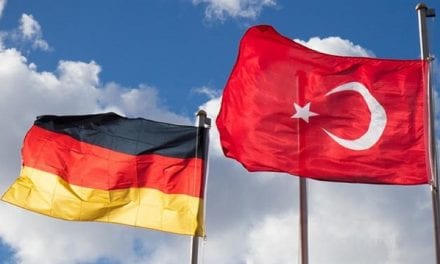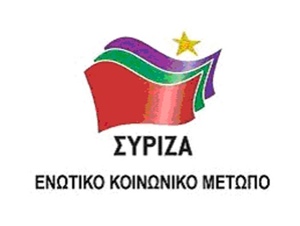The president of the Republic of Greece speaks at the newspaper Islael Harom about the strategic partnership of the two countries before his official visit to Israel.
Greek President Prokopis Pavlopoulos speaks with Israel Hayom ahead of his visit this week • “The economic relations between the two countries are terrific,” he says, adding that “we are marching together toward a more promising, and challenging, future.”
“Come invest in Greece,” Greek President Prokopis Pavlopoulos told Israel Hayom ahead of his visit to Jerusalem this week. Pavlopoulos said: “Relations between the two states [Israel and Greece] have reached unprecedented levels. We are marching together toward a more promising, and challenging, future, that is based on a strategic partnership between the two states.”
Pavlopoulos will meet President Reuven Rivlin at the start of his visit on Wednesday. A day later, he is set to meet Prime Minister Benjamin Netanyahu. “The economic relations between the two countries are terrific,” Pavlopoulos said. “Bilateral trade grew by 32% over the past year. There are currently 30 joint projects that involves Greek and Israeli companies, and we will soon invite additional companies to take part in more projects.”
Pavlopoulos said Greece has encouraged Israeli companies to “seize the many opportunities they have to invest in Greece.” He said he was doing his utmost to provide for a safe and business-friendly environment. Last January, Netanyahu signed a strategic pact with his Greek and Cypriot counterparts. Pavlopoulos says such regional cooperation is a boon for the three countries, noting that, “it bolsters and helps the already excellent relations between them. It is a framework that is based on regional prosperity and peace, while creating a pillar of stability in an unstable environment.” Pavlopoulos insisted that “this is not designed against a third party.” Perhaps referring to Turkey, he said that “we will agreed to add more parties who would like to advance regional cooperation.”
When the conversation turned to energy cooperation, Pavlopoulos stressed that Greece’s location has made it a maritime crossroads that connects the Middle East and Europe. “An underwater natural gas pipeline from the Israeli gas fields, through Cyprus to Greece, will serve as a convenient commercial bridge to Europe,” he explained.
Greece’s geography has drawbacks as well. It has been overwhelmed by the flow of migrants from Syria, Iraq and African countries, numbering hundreds of thousands. Some use it as a stopover en route to central Europe.
“Seventy-five to eighty percent of the migrants have fled from conflict zones,” Pavlopoulos said. “We do a lot to save lives; last year, the Greek coast guard saved some 150,000 women, children and men.”
Greece has also had to grapple with a major economic crisis and only recently has it begun to recover. “We are already engaged in a constructive dialogue with our partners and the EU to fully implement the first stabilization program,” he said. “Our goal is to meet our obligations while maintaining social cohesion.”
Pavlopoulos also praised the strong ties with Israel’s tourism industry. “Israelis have proven their loyalty over the years by visiting Greece again and again,” he said. “We feel the love and appreciation between the two peoples, which is based, in part, on a shared history, culture, the arts and music. Israelis know and love Greece, and everyone has their own magical place there; but we also recommend that people explore new places in the country; after all, we are just a 90 minute flight away.”



















